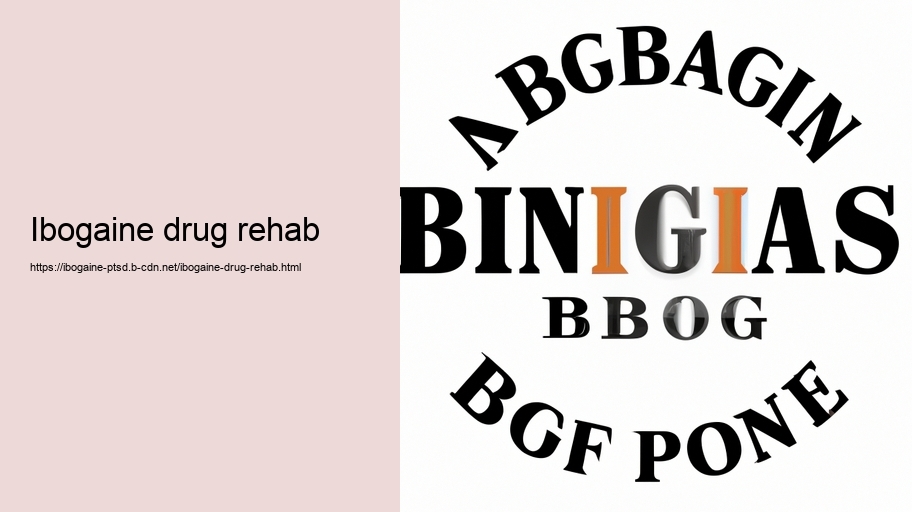Ibogaine Drug Rehab: A Controversial Hope for Addiction Treatment
The journey to overcoming addiction is fraught with challenges, setbacks, and the constant search for effective treatments. Among the myriad of options available, one of the most controversial yet potentially promising therapies involves a substance known as ibogaine. Originating from the root bark of the African shrub Tabernanthe iboga, ibogaine has been traditionally used in spiritual ceremonies by indigenous peoples in West Africa. In more recent years, it has caught the attention of researchers and individuals seeking freedom from addiction due to its unique psychoactive properties.
Understanding Ibogaine's Potential
Ibogaine is classified as an atypical psychedelic and is known for its ability to interrupt the cycle of various drug dependencies, particularly those related to opioids, stimulants, alcohol, and nicotine. Proponents argue that it can serve as a catalyst for profound psychological insights and personal growth, which may help individuals understand and address the underlying issues contributing to their addictive behaviors.
The compound works in a multifaceted way on the brain. It acts on several neurotransmitter systems simultaneously—most notably affecting serotonin receptors similar to classical psychedelics while also interacting with opioid receptors in a manner akin to addiction treatment drugs like methadone or buprenorphine. This dual action is thought to reset neurological patterns associated with substance dependence.
Critics and Challenges
Despite anecdotal success stories and growing interest from segments of the medical community, ibogaine remains illegal or unregulated in many countries including the United States where it is classified as a Schedule I substance—indicating no accepted medical use and a high potential for abuse according to regulators.
This legal status makes access difficult for those who are desperate for relief from chronic relapses into drug use. Moreover, scientific research on ibogaine has been limited due to regulatory hurdles and lack of funding; thus robust clinical data supporting its efficacy is scarce compared to more established modalities.
Safety concerns also loom large when discussing ibogain therapy. The drug can lead to serious cardiac complications among other side effects which necessitates careful screening of candidates and professional medical supervision during administration—an aspect not always guaranteed given its quasi-legal status around the world.
A Personal Journey
For individuals opting into ibogain treatment at specialized rehab centers—often located in countries where it's legal or exists in a gray area—the experience can be intense both physically and emotionally. Ibogain induces a dreamlike state that lasts several hours wherein users report confronting past traumas, gaining insights into their addictive behavior patterns or experiencing visions that they describe as life-changing.
Following this initial phase often comes days of introspection coupled with physical recovery time during which cravings are reported by many patients to be substantially diminished or even non-existent. However this window provided by ibogain does not constitute cure-all; sustained recovery demands ongoing support whether through therapy aftercare programs lifestyle changes or all three combined.
Conclusion
The allure of iboga-based therapy lies in its promise—a swift intervention against an affliction notoriously resistant long-term solutions however until there's greater openness towards investigating these fringe areas medicine remain relegated anecdotes rather than mainstream acceptance Despite reservations significant questions regarding safety effectiveness proponents will likely continue explore avenues hope offered by such unconventional treatments battle against addiction rages undoubtedly complex nuanced demanding all tools at our disposal understood evaluated compassion rigor scientific inquiry
